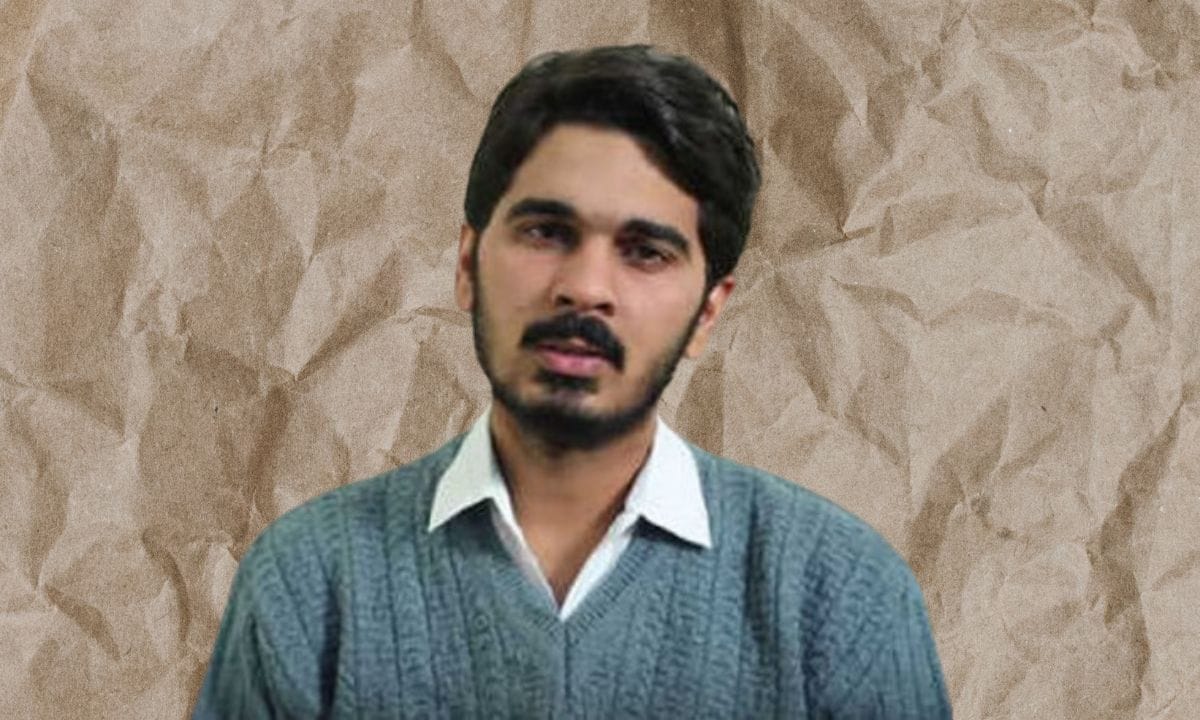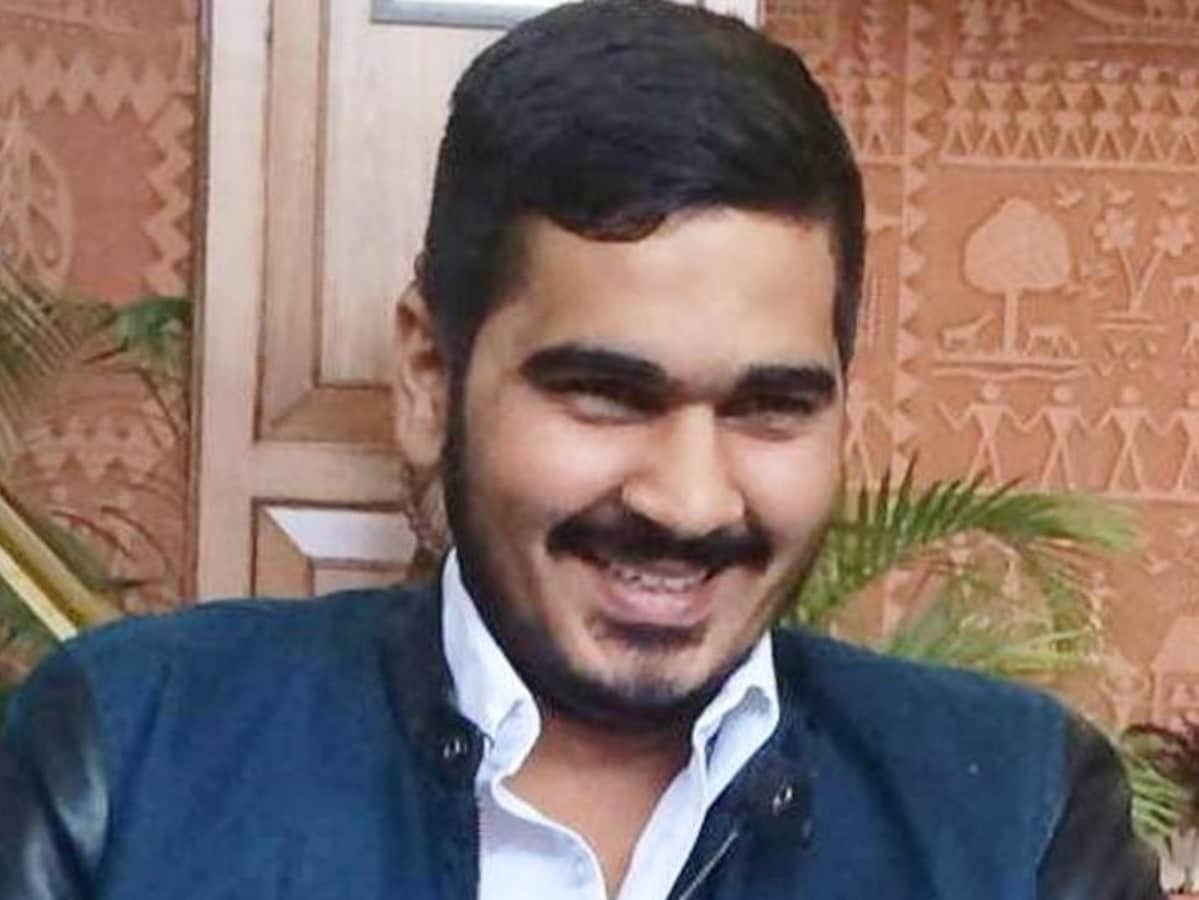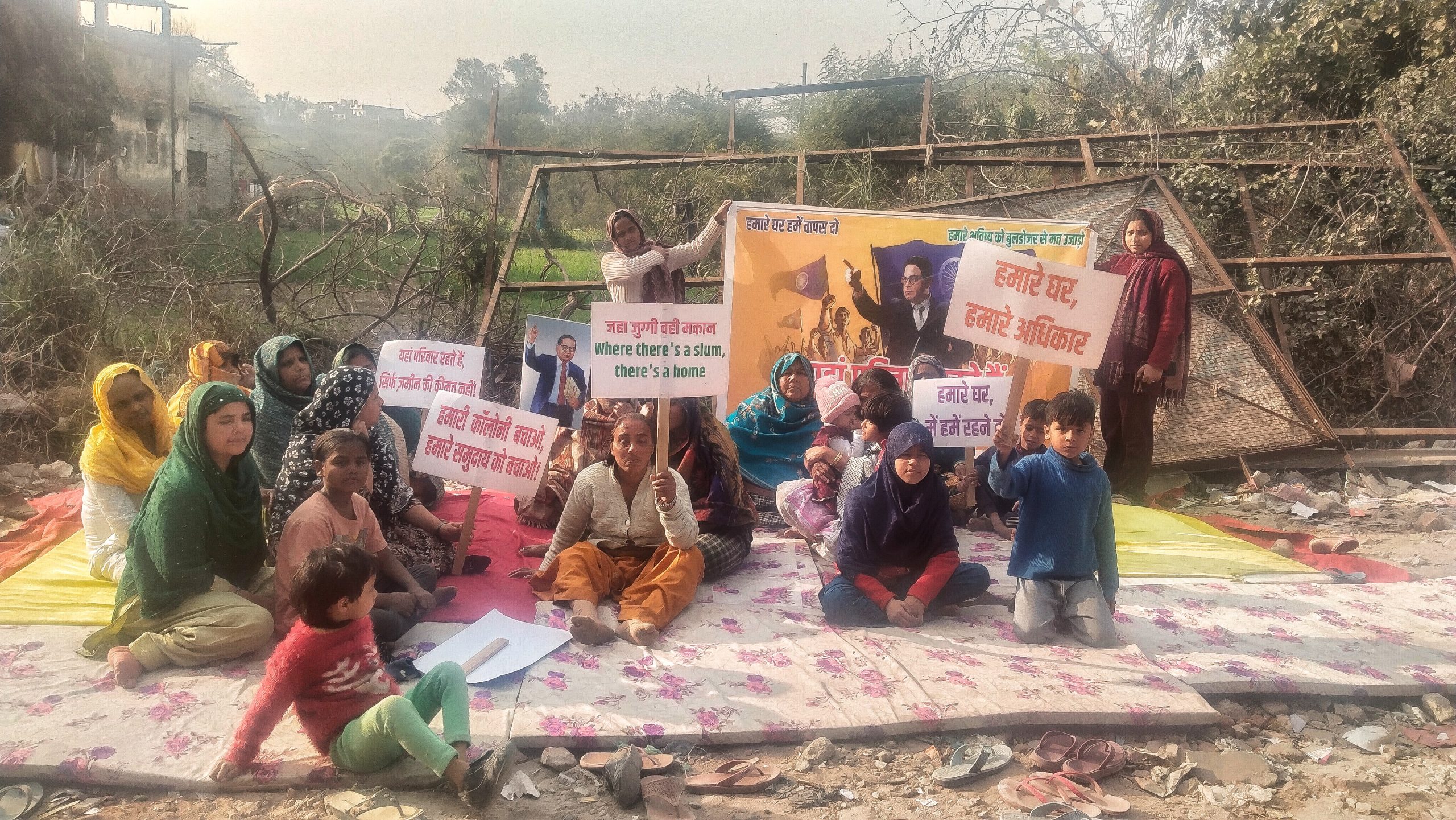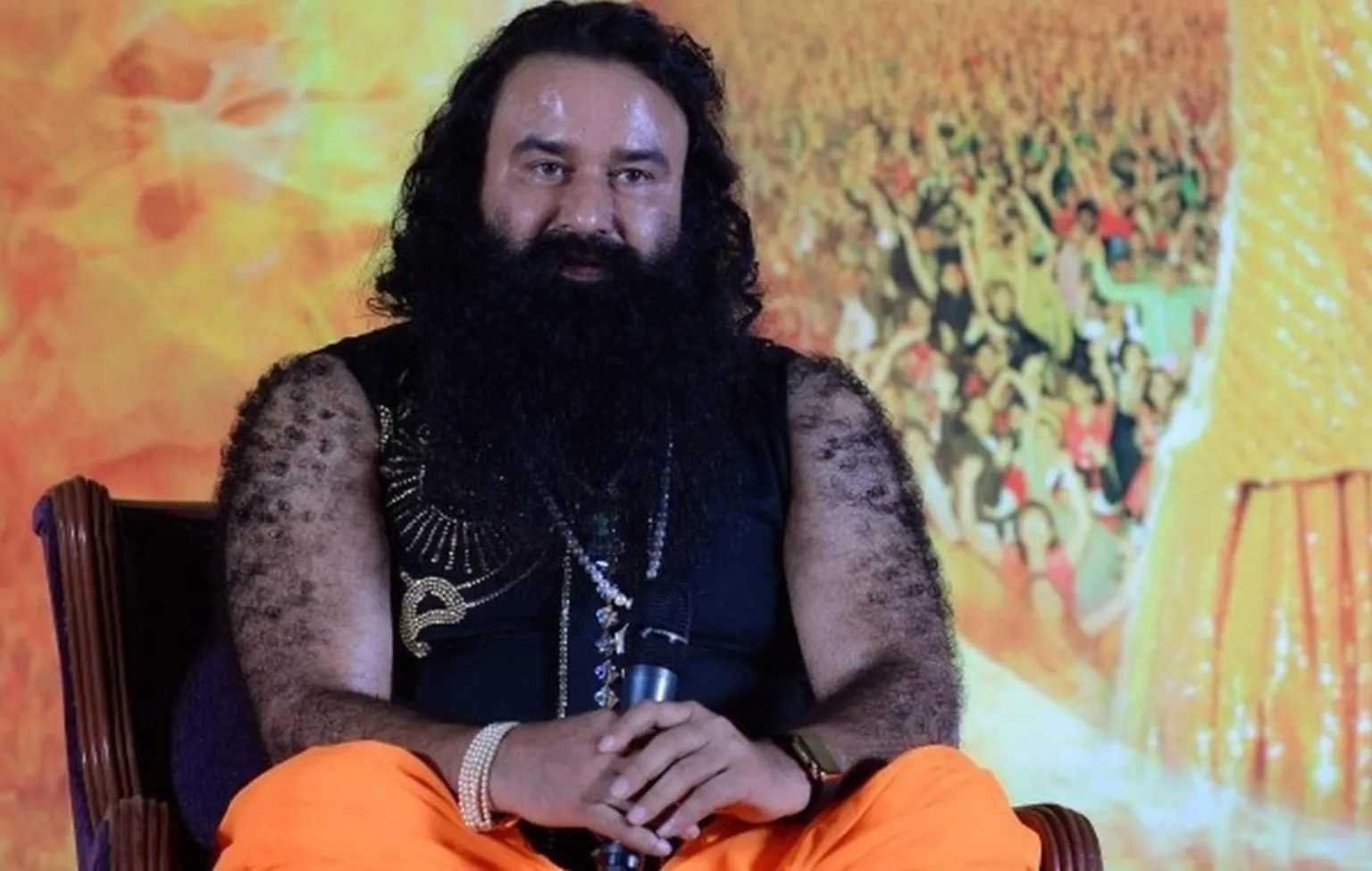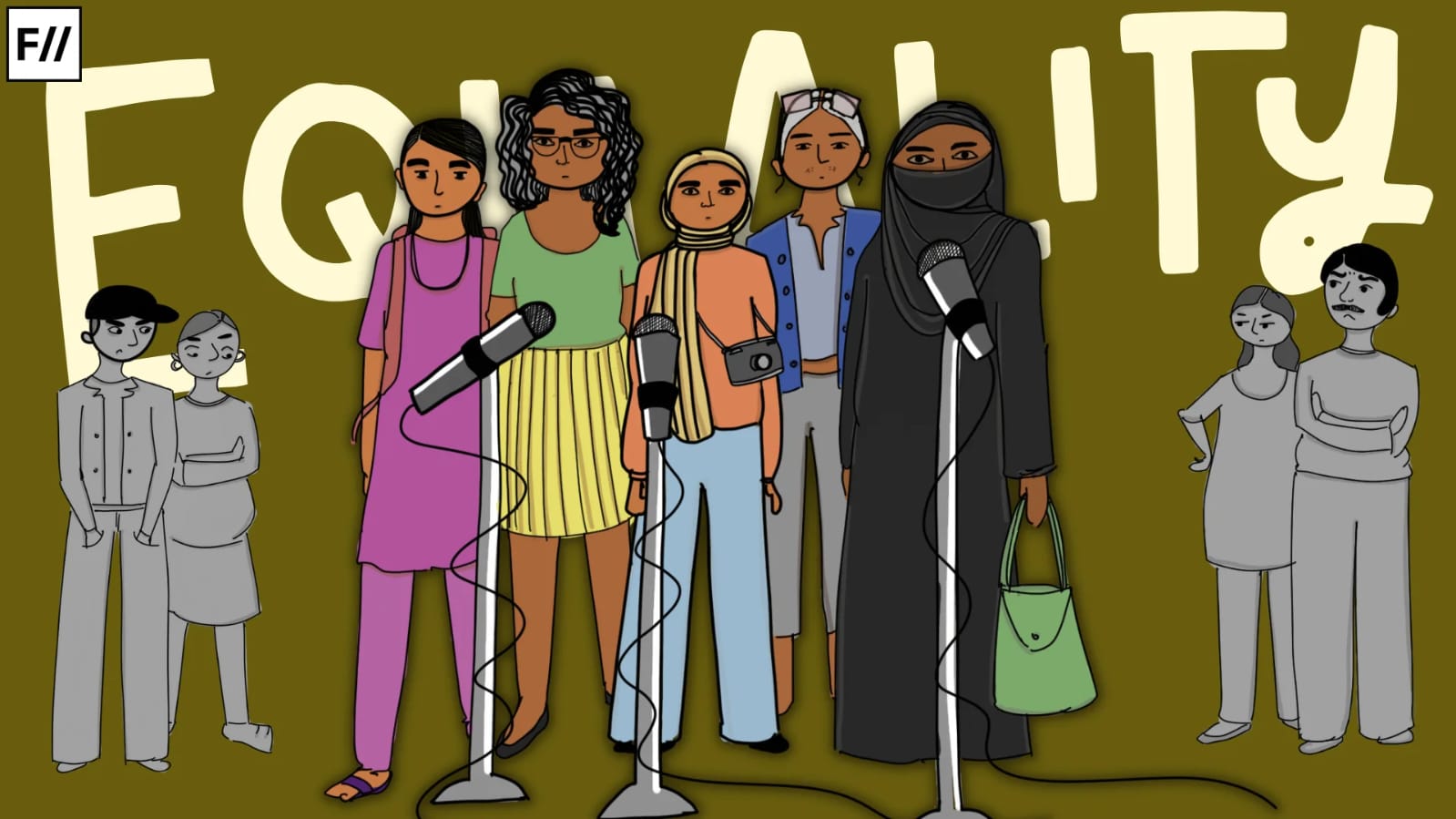One of the most fundamental edifices of a functioning democracy is a fair and equitable justice system. Building such legal institutions means adhering to the skeletal framework of a justice system that ensures fairness, accountability, and equal treatment under the law at every level of the hierarchy, while cultivating a culture of democratic governance. Such a structure can be severely undermined by cases like the initial appointment of Vikas Barala, son of BJP Rajya Sabha MP Subhash Barala, as Assistant Advocate General in Haryana on July 18, despite facing trial in a 2017 case in which he is under investigation for the alleged stalking and attempted abduction of an IAS officer’s daughter, Varnika Kundu.
Following her complaint alleging that Vikas Barala and his friend chased her and attempted to forcibly enter her vehicle late at night in Chandigarh, these two men were booked under IPC sections 354D (stalking), 341 (wrongful restraint), 365 (attempt to abduct), and 511, in addition to charges of drunk driving.
Upon receiving this case, the Chandigarh Police filed a 200-page chargesheet in the case on September 20, 2017. A district court framed charges on October 13, 2017, and trial began on October 27, 2017. Since then, there have been more than 100 hearings in the trial court, but repeatedly adjourned on various grounds, leading the case to stretch on for nearly a decade.
Public outrage and institutional response in reaction to the Vikas Barala case
This stalking case generated large-scale public outrage, with forty-five retired IAS officers publishing a compelling open letter against the decision, addressed to Haryana Chief Minister Nayab Singh Saini. The letter condemned the appointment, stating: ‘We are shocked to learn that a stalking case accused, son of BJP Ex-State Chief, one Mr. Vikas Barala has been named as Assistant Advocate General by your government. We are at a loss to understand the logic behind the appointment of a person accused of stalking a woman as Assistant AG.’
In this letter, the officers drew attention to the 2011 Supreme Court judgment that annulled the appointment of P.J. Thomas as head of the Central Vigilance Commission due to pending charges against him, arguing that certain facts parallel Barala’s case.
Varnika Kundu has also taken it upon herself to speak out about about this neo-patrimonialistic injustice, declaring that ‘Appointing someone to a public position of power is not just a political decision, it’s a reflection of values and standards. So perhaps the questions should be directed at the authorities whose ethics and standards allowed this decision to be made.‘
In this letter, the officers drew attention to the 2011 Supreme Court judgment that annulled the appointment of P.J. Thomas as head of the Central Vigilance Commission due to pending charges against him, arguing that certain facts parallel Barala’s case.
Her father and former IAS officer V.S. Kundu, presently heading the Revenue Commission, also issued a statement emphasising that the government must act in a moral manner, maintaining: ‘Though I cannot comment on appointments of the Barala family, this appointment is not really my concern. Every citizen should question it. I am more concerned about the slow progress of the case, in which only the prosecution evidence has been completed in eight years.‘
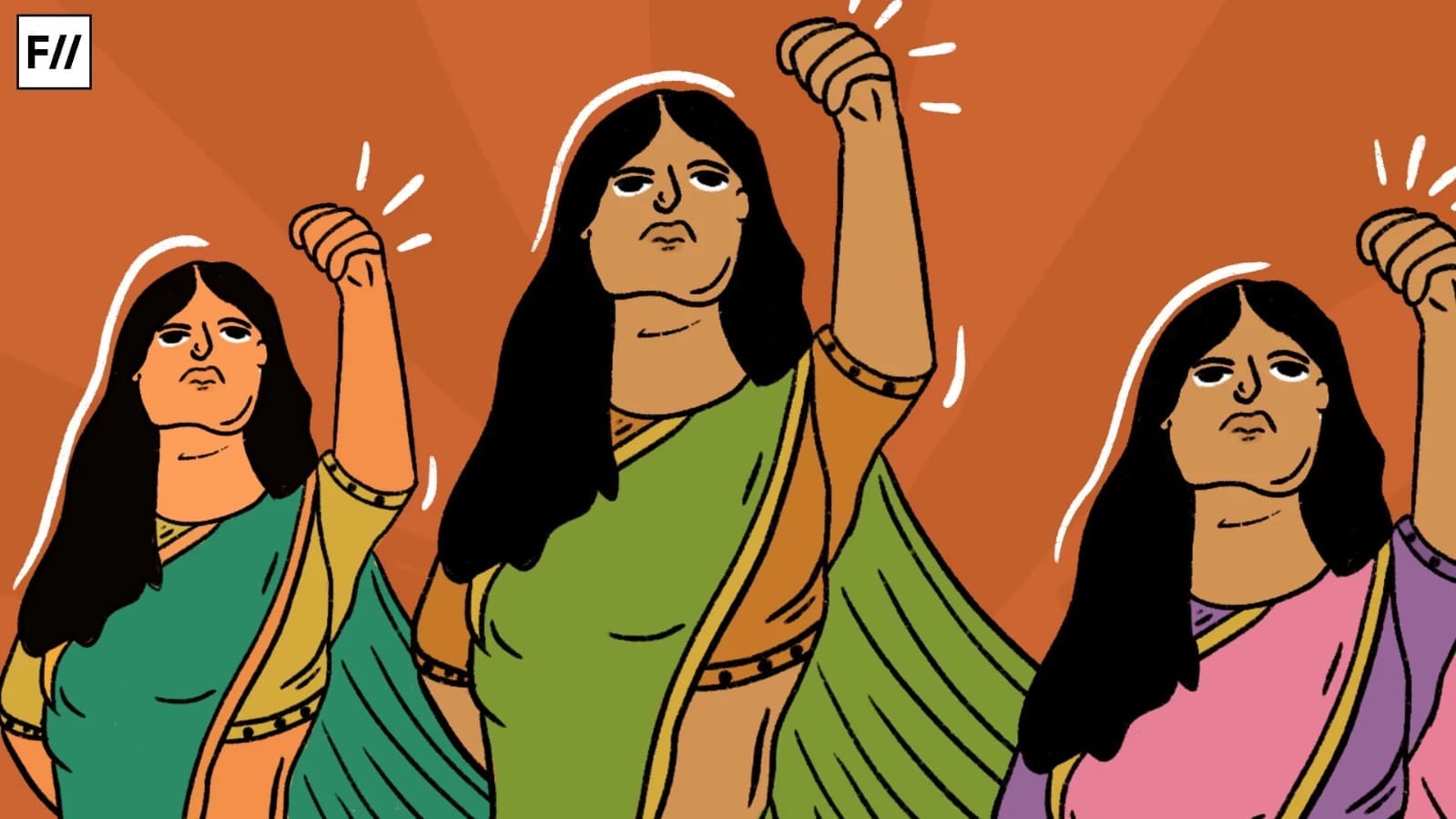
Public outcry has been at large, with Congress leader and former Haryana Chief Minister CM Bhupinder Singh Hooda stating ‘Only competent people should be appointed in the Advocate General’s office,‘ and the All India Trinamool Congress outspokenly decrying this occurrence on X: ‘BJP’s “Beti Bachao” slogan is a shameless, calculated deception. Their actions in Haryana expose a grotesque betrayal of trust! They’ve appointed Vikas Barala, son of a BJP MP and a man accused of SEXUAL HARASSMENT & ATTEMPTED ABDUCTION, as an Assistant Advocate General! Let that sink in: a man OUT ON BAIL for these grave charges is handed a position of legal authority. It’s an outrageous perversion of justice and a protection of predators within their own ranks.’
The subsequent backlash led to the revocation of the law officer position from Vikas Barala, which offers a hopeful testament to the opportunity for civil engagement and public oversight to overturn partisan policy decisions. However, this may not even totally offer a potential panacea for future regressive legislation, which seem to be characteristic of the current administration, as Kundu remarks ‘What I will speak about is my own case, and the fact that despite months of national media attention, it has dragged on for this long with little progress.’ The very appointment of an individual facing criminal harassment charges into a position of legal authority via nepotist connections reveals systemic flaws in institutional safeguards and raises serious questions about the integrity of our democratic legal system.
The ‘protection racket’ model: systematic shield from accountability
What appears to be a one-off incident of authority without accountability orients itself within the context of a despotic authoritarian regime, with this occurrence being so common it has earned the name ‘the washing machine‘ by the opposition, who describe this phenomenon as ‘the mechanism by which politicians accused of corruption don’t face legal consequences if they quit their party and join the BJP.’
Since 2014, 25 opposition leaders facing criminal charges have quit their respective parties and allied with their former political foes, the Bharatiya Janata Party.
Since 2014, 25 opposition leaders facing criminal charges have quit their respective parties and allied with their former political foes, the Bharatiya Janata Party. These accused politicians previously associated with miscellaneous parties of the nation-state: 10 from the Congress, four from NCP, four from Shiv Sena, three from the Trinamool Congress, one from the Samajwadi and one from YSRCP. The leaders named in the Indian Express report include Ajit Pawar, Praful Patel, Ashok Chavan, Himanta Biswa Sarma, Suvendu Adhikari, Pratap Sarnaik, Hasan Mushrif, Bhavana Gawali and others.
Upon this shrewd political defection, the unobstructed control that our governing regime wields over the legal system has ensured a reprieve for 23 of these leaders from the investigation agencies. Around 20 of these cases are either stalled or in cold storage, and approximately three have been closed completely.
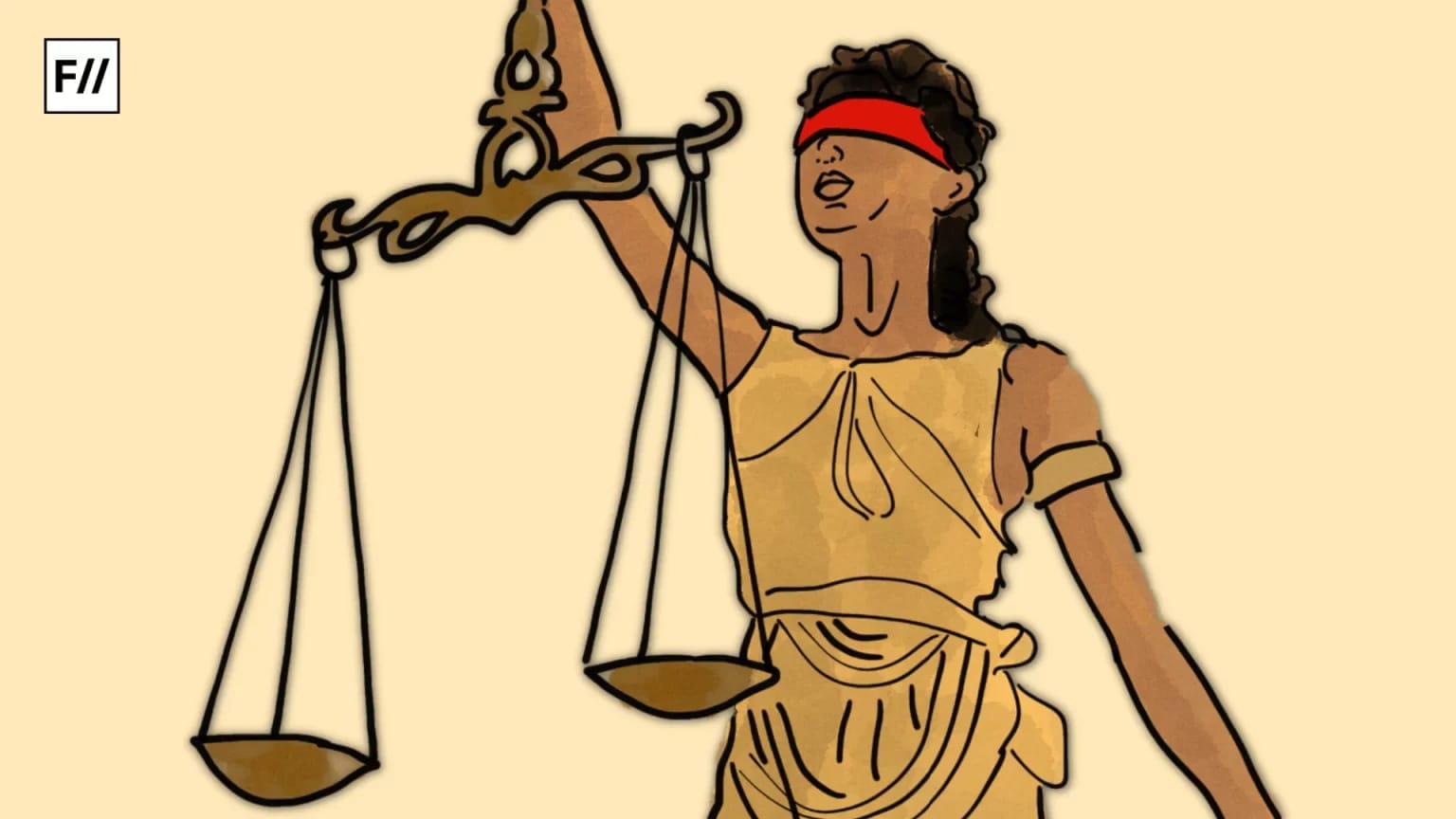
Prime Minister Narendra Modi has been adamant in the face of these allegations, vehemently stressing the independence of the central agencies by stating that ‘We neither obstruct nor direct their actions. They work independently, and this is evaluated by the scales of the judiciary.’
This legal injustice is further exacerbated by the inherent falsity of this statement — after 2014, at least 95 per cent of notable officials that found themselves the subject of central agency investigations conducted by the Enforcement Directorate (ED) and Central Bureau of Investigation (CBI) were from the Opposition. When questioned, the Prime Minister maintained that the ED follows the same procedure to initiate a case, ‘irrespective of the ruling party in power.‘
Postcolonial India has long since been known in the international arena as a ‘patronage democracy’, in which mass voting behaviour is dictated by expectations of access to the state — a reward system in which party supporters anticipate material rewards in exchange for their political backing.
Postcolonial India has long since been known in the international arena as a ‘patronage democracy’, in which mass voting behaviour is dictated by expectations of access to the state — a reward system in which party supporters anticipate material rewards in exchange for their political backing. This system of polity echoes dimensions of identity-based parochialism and clientelism. While ideological frameworks ostensibly govern political behaviour, the phenomenon of political connections shielding family members from accountability must not be understated.
The statistics are staggering: out of 398 MPs of BJP, 98 MPs have criminal cases registered against them. 26 out of 81 MPs from Congress, 7 out of 36 from Trinamool, 3 out of 6 from RJD, 8 from CPI(M), 11 out of 31 from YSR Congress, one out of 11 from Aam Aadmi Party and 2 out of 8 MPs from NCP have declared serious criminal cases against themselves.
India’s political system has evolved into sophisticated protective networks where ruling parties systematically shield their associates from accountability.
The erosion of democratic institutions
This pattern represents more than isolated incidents of poor judgment—it reflects a fundamental transformation of democratic institutions into weapons of political protection. When those meant to uphold the law are themselves accused of breaking it, and when political loyalty becomes a shield against legal repercussions, the foundations of democratic sovereignty find themselves severely undermined.
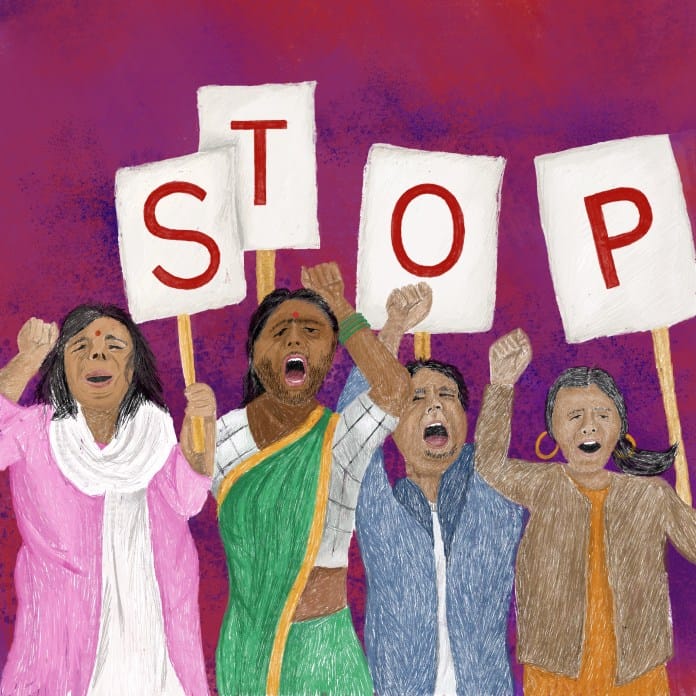
The Barala case, while ultimately reversed due to public coercion, exposes the fragility of institutional bulwarks when confronted with patrimonially entrenched networks of political preservation. It underscores the ongoing struggle between formal democratic processes and informal networks of power that continue to shape Indian politics across party lines, threatening the very essence of equal justice under law.
References:
https://www.epw.in/journal/2022/11/editors-desk/wages-patronage-democracy.html
https://carnegieendowment.org/research/2023/12/how-ideology-shapes-indian-politics?lang=en
https://adrindia.org/content/40-indian-parliament-members-have-criminal-cases-reports-adr-and-new
